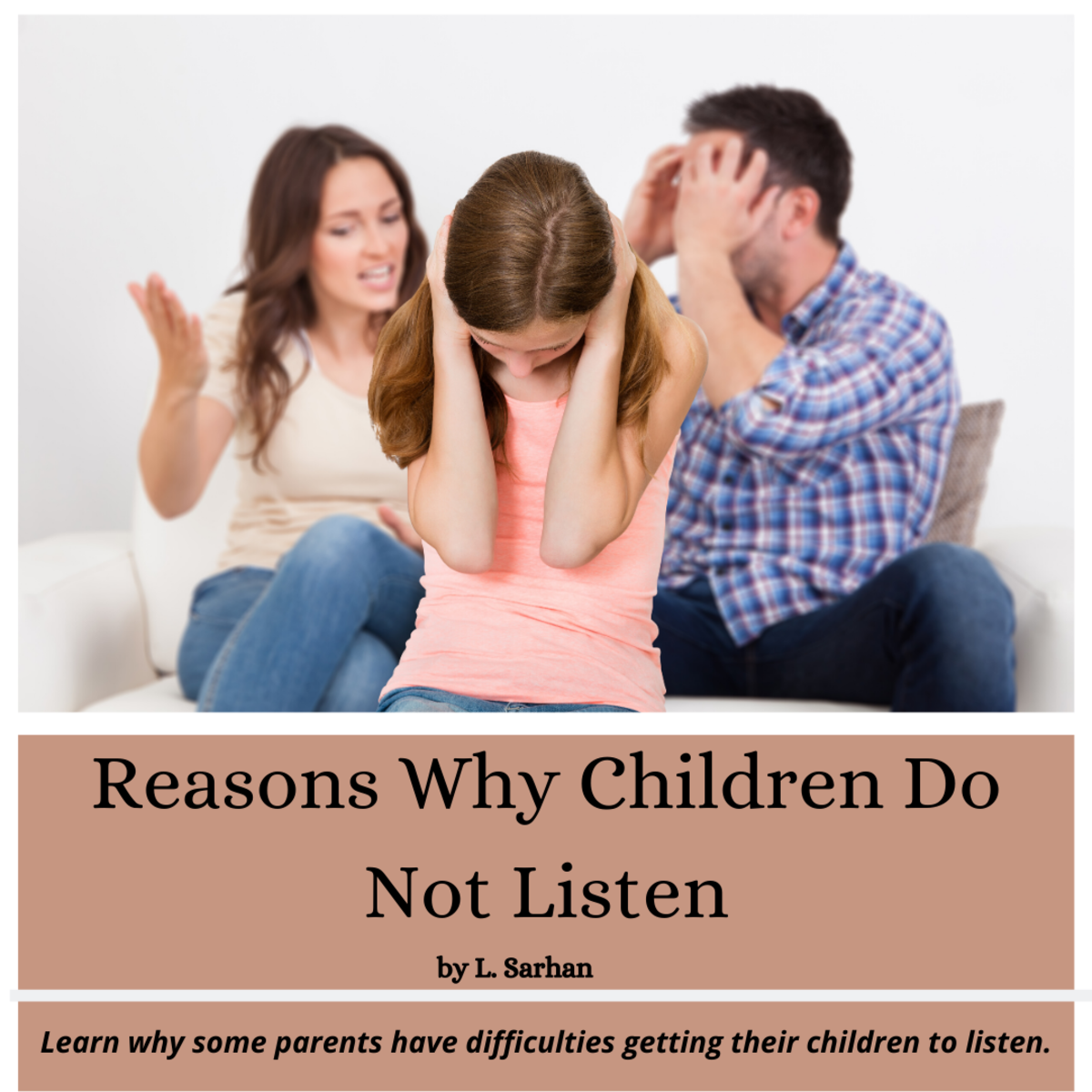The Benefits of Acting Class for Children
According to an Americans for the Arts 2002 study, studying the arts helps to develop children’s imagination and critical thinking and refines cognitive and creative skills. Arts education helps to level the “learning field” across socio-economic lines. It can help children learn life skills such as developing an informed perception, articulating a vision, developing self-confidence and self-discipline, problem solving and decision making. Most people are familiar with the idea of sending a little girl to ballet class or having a child study the piano, but something that may not occur to everyone is enrolling their child in an acting class. A parent does not have to be looking to produce a celebrity to send their child to study acting. Studying acting, no matter what the age, carries with it many benefits.
Developing Confidence
One of many people’s greatest fears is public speaking. According to Paul L Witt, PhD, assistant professor of communication studies at Texas Christian University, Ft. Worth, “The idea of making a presentation in public is the No. 1 fear reported by people in the U.S.” A person who studies acting becomes acclimated to performing before an audience. Studying acting will make a person more comfortable in front of an audience and help him or her to learn to speak clearly and project. Learning new skills also helps to build self-esteem and makes people more confident.
Developing Social Skills and Making Friends
Taking an acting class can be especially useful for a shy child. Studies have shown that shy people generally fare better in a structured social environment. This means that they find it far easier to be involved in a game or activity where they have something specific to do, a role to fulfill. Places like school, where being quiet and obedient is rewarded, can hinder one’s ability to make friends. An acting class is by its very nature, social. Acting teachers use games and exercises in order to teach skills. Among these games are “ice breakers:” games specifically designed to get students interacting with one another so that they can work together. An acting class is a great place for a child, even a shy one, to make friends because the nature of what they do is social.
Exposure to Critical Thinking Skills and Classic Literature
Finally, enrolling your child in an acting class is an opportunity to expose them to critical-thinking and literature. The culmination of most acting classes is performance. Students will study scenes, or perhaps an entire play. This study involves, not only learning lines, but evaluating and interpreting a script. This is where critical thinking skills are developed. Often children’s workshops will study timeless works such as Alice in Wonderland or Peter Pan, thus exposing students to classical children’s literature.
Conclusion
The study of acting can be a rich and rewarding experience for the student even if the student has no intention of going on to become a professional actor. The skills, confidence and self-esteem that can be developed in an acting class have value beyond the classroom and the stage. The effects of studying acting can last your child a lifetime.
Resources
- Fear of Public Speaking Hardwired
Fear of public speaking strikes some people harder -- and differently -- than others, according to a new study. - Fact Sheet About the Benefits of Arts Education for Children
Benefits of Arts Education.....Source: Americans for the Arts, 2002....Stimulates and develops the imagination and critical thinking, and refines cognitive and creative skills. Has a tremendous impact on the developmental growth of every child and ha








